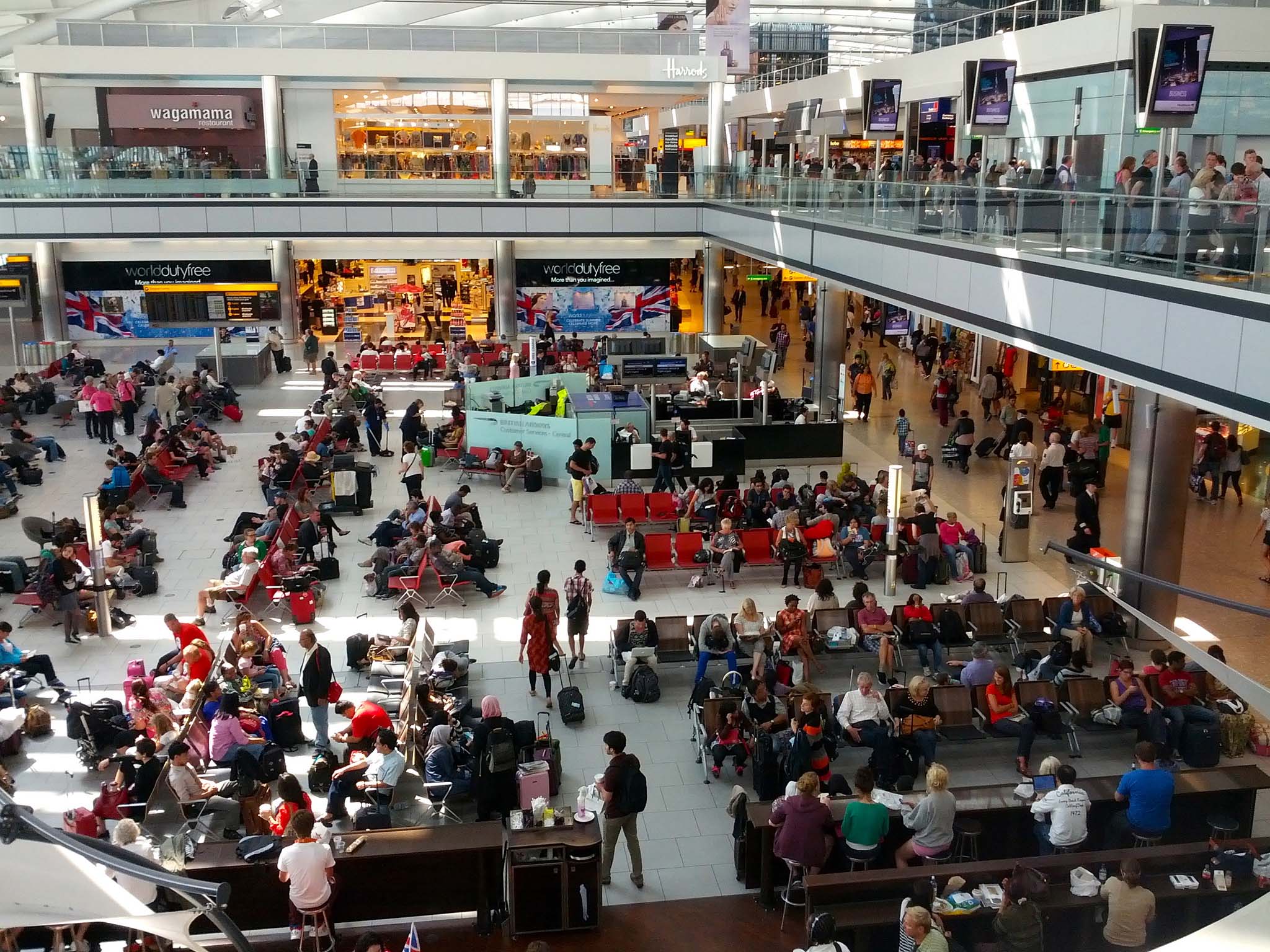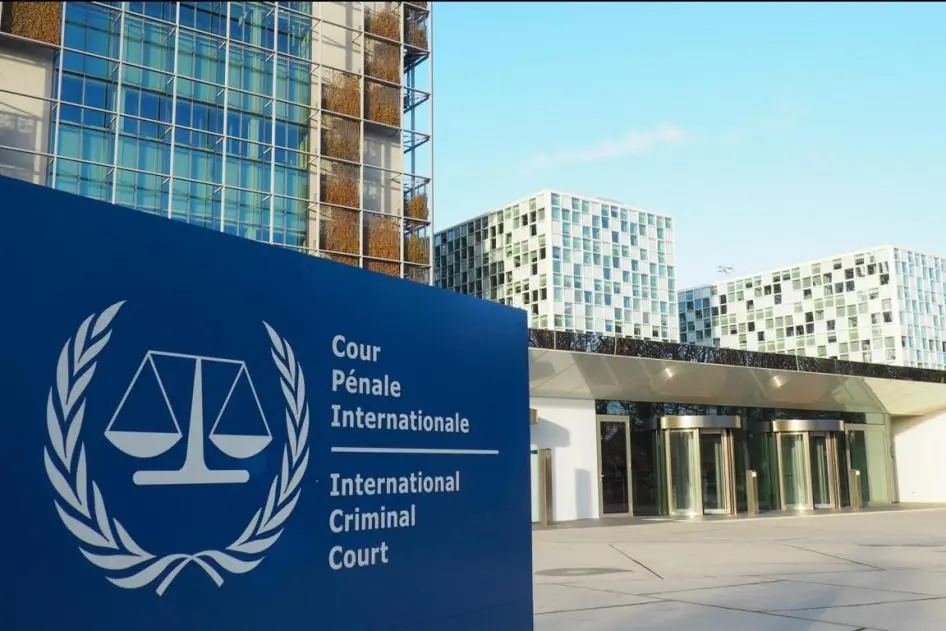Hundreds of employees at London’s Heathrow Airport will launch a strike in the run-up to the World Cup in Qatar later this month, putting plans by fans attending the tournament at risk.
Some 700 staff members of dnata and Menzies, airport services that work in ground handling, airside transport, and cargo, will go on strike for three days beginning on 18 November, just three days before the biggest sporting event takes global stage in Qatar.
The protesters are demanding higher pay, British union, United, announced.
“Strike action will inevitably cause disruption, delays and cancellations to flights throughout Heathrow, with travellers to the World Cup particularly affected,” Unite regional officer Kevin Hall said in the statement on Friday.
Heathrow terminals 2, 3, and 4 are expected to witness disruptions, cancellations, and delays as a result of the strike, according to the union. It said that Qatar Airways, which has added 10 extra flights per week for the World Cup, would be most impacted.
Virgin, Singapore Airlines, Cathay-Pacific and Emirates among other airlines, will also be impacted, according to Unite.
News of the strike has left football fans attending the World Cup in limbo as the tournament edges closer.
One incoming fan told Doha News that while the staff have every right to demand action from their employers, the timing is undesirable for World Cup attendees.
“This is what happens when the living wage doesn’t match inflation, people have no option but to strike,” the mother of two said.
“I don’t blame them but at the same time I’m angry that this is the only solution. How is the government seeing this and thinking this is normal? Then have the audacity to point the finger and say ‘they are the ones that let you down’ when in actual fact the issue started over on the government’s side,” she added.
“My kids and I have been looking forward to attending our first ever World Cup for months and now there’s a chance we just can’t make it. That’s thousands of pounds wasted – who do we turn to?”
To lessen the interference of the walkouts, dnata said it was putting emergency preparations in place. It also stated that it was dedicated to finding a “mutually acceptable agreement for all parties.”
“The increase in salary suggested by Unite is irresponsible and would undoubtedly impact our business’ ability to operate in the best interest of our workforce in the long term,” dnata said, adding that due to difficult circumstances, its UK airport operations division was losing money each month.
Menzies said it was eager to move forward with pay discussion, but rather it was Unite that was declining to participate in the conversations.
The busiest airport in the nation, Heathrow, reported that it was in discussions with its airline partners about possible backup plans to support its ground handling if the strikes were to take place, according to reports.
“Our priority is to ensure passengers are not disrupted by airline ground handler shortages,” the airport said.
‘Staff shortage’ and ‘travel chaos at Heathrow airport
London’s main airport has faced mass disruptions this year.
Separately, operational hiccups at Heathrow prompted Qatar Airways to reassess a previously considered plan to set up its own ground-handling service at the facility over the summer period.
A two-month capacity constraint was put in place by Heathrow’s operator to keep daily departure passenger counts below 100,000 during the summer travel season.
Qatar Airways CEO Akbar Al Baker said in July he is “re-invigorating” the possibility of establishing a service to handle Qatari planes, following in the footsteps of rival Emirates’ sister company, dnata, which manages its own flights at Heathrow.
“We’ll bring our own brand,” he said. “But, of course, we’ll have to recruit and create jobs in the UK.”
He noted said that Heathrow’s employment shortage is the result of ground handlers looking for work elsewhere after the pandemic devastated the airline industry.
However, he contends that the UK’s “Brexit” withdrawal from the European Union has made this worse.
“Another mistake is that, with Brexit, there are certain professions that cannot be done by [non-UK workers]. These are the kind of works that were being done by people coming from the continent,” said Al Baker, adding that the time required for employees to gain security clearance will further prolong the capacity shortage.
Lack of foresight
Speaking to Bloomberg earlier this year, Al Baker said Heathrow airport should have better calculated the disruption to flights this summer and provided airlines with a notice of the need to curtail schedules.
Representing the Mideast state’s sovereign wealth fund on the Heathrow board, Al Baker told Bloomberg Television he understood that the hub is confronted with staffing problems, however was “disappointed” by its lack of foresight.
“Heathrow has the right to restrict your flight because they cannot overload their facilities,” he said in an interview at the Farnborough International Airshow.
“But my question to the management would be, they should have seen this coming and they should have taken mitigating actions.”
The move, which saw thousands of bags pile up at the airport, “angered” airlines that were forced to clear out flights during the peak summer season.







